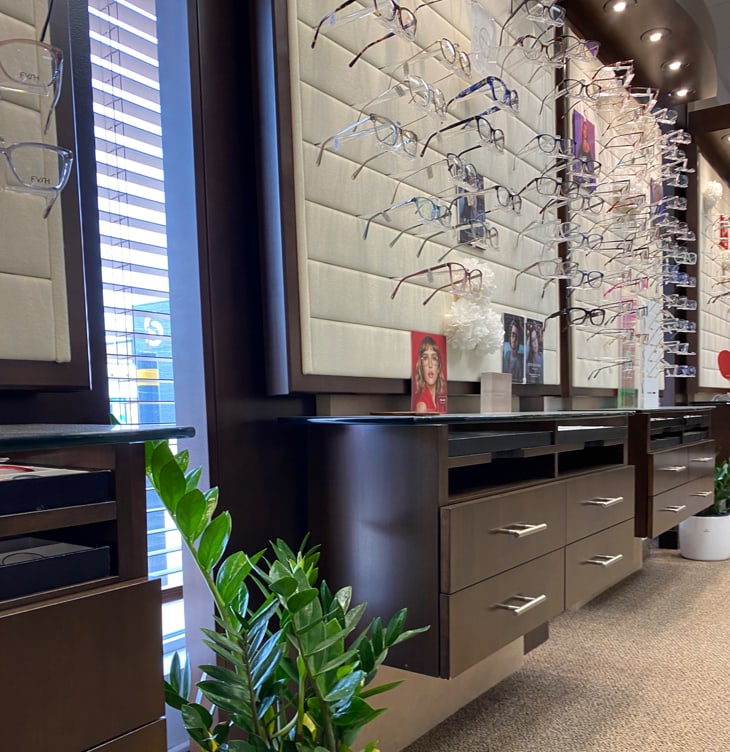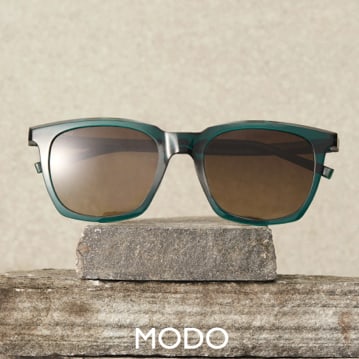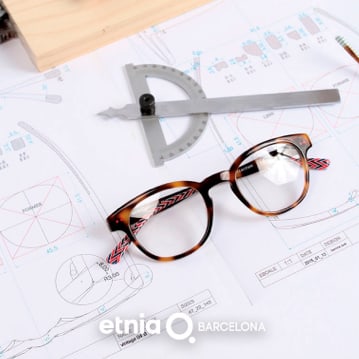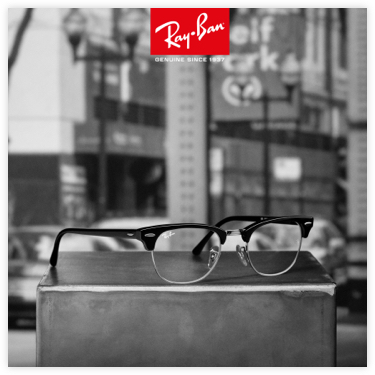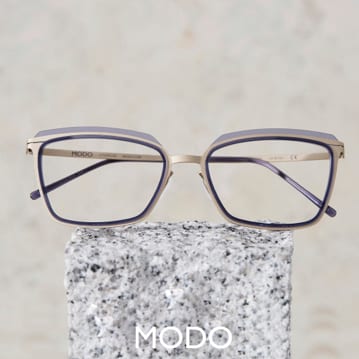Whether you find yourself squinting at the fine print or struggling to read road signs from afar, you’re not alone. Many of us have been there, questioning if it’s time to think about buying glasses. Fortunately, your optometrist can help! With an eye exam, we can help you and your family figure out if glasses are in your near future.
Blurry vision, eye strain, squinting, poor night vision, and constant headaches could all be signs that you might need glasses—but they could also be signs of other issues. Getting a clear diagnosis and a proper prescription can help you make the right choice for your needs.
Your Vision is Blurry
Blurry vision is a classic sign that you may need glasses. Blurry vision can be caused by many factors, including refractive errors, many of which can be corrected with prescription lenses.
For children, blurry vision can often be a sign of myopia (nearsightedness). This means you can see things close up just fine, but objects in the distance become a blurry mess. Imagine sitting in the back of the classroom and not being able to see what the teacher is writing on the board. Frustrating, right?
For adults, the story changes a bit. As we age, our eyes’ lenses naturally lose some of their flexibility, making it harder to focus on things up close. This condition is known as presbyopia. People with presbyopia may need to hold reading material further away or turn on more lights to read—glasses can help with that.
You Develop Headaches After Eye Activities
As it turns out, a pesky headache could be due to an uncorrected vision problem. When you can’t see clearly, your eyes tend to work harder to try to make up for it. This can make your eyes tired and leave your head feeling like it just ran a marathon.
Some signs that your vision may play a role in your headaches include:
- You develop a headache after a long reading session or after binge-watching your favourite show
- Your headache subsides once you give your eyes a break
- Your headaches aren’t accompanied by nausea
- Your headache pain feels like it’s behind or around your eyes
If you notice you keep getting headaches after strenuous eye activities, it might be time to give your local eye doctor a call. A good pair of glasses might give your eyes a break.
You Experience Eye Strain
How much do you rely on your eyes every day? Whether it’s working on your computer, scrolling through your phone, or getting lost in a good book, your eyes might be constantly at work. Sometimes, they can feel a bit tired. Eye strain is a common condition we can experience when our eyes have been working that extra mile to keep things in focus.
Sometimes, even if you’ve never noticed any issues with your vision before, spending hours focusing on the fine print and images on your screen can be a challenge for people with uncorrected vision problems. It’s like running a marathon without the proper shoes—it’s doable, but it might cause some adverse effects.
That’s where corrective lenses can come into play. Just like a good pair of running shoes can make a world of difference for a runner, glasses can be a huge help for your eyes. They can ease the burden of continuously adjusting or squinting to see clearly, potentially making your daily tasks less of a strain on your vision.
And don’t forget about taking breaks! The 20-20-20 rule is a favourite among eye care professionals. When you’re looking at a screen, take a 20-second break every 20 minutes and look at something 20 feet away. It’s a small change, but it can make a big difference in preventing and relieving eye strain.

You’re Squinting Constantly
Squinting may be an unconscious attempt to see more clearly by reducing the amount of light that enters your eyes. It could be a quick fix for blurry vision, but let’s be honest, it’s not the best long-term plan. It doesn’t clear things up that much, and it can tire your eyes out eventually. The right pair of glasses can adjust how light enters the eye and help you see more clearly.
You Have Trouble Seeing While Driving at Night
When it gets dark, your pupils widen to let in more light. But for some folks, this extra light doesn’t quite hit the back of the eye (the retina) as it should. This is what we call night myopia, where things far away can become blurry. This can be problematic while driving at night, as it can be harder to read street signs. Even if you’ve got perfect 20/20 vision during the day, you can still experience night myopia.
Astigmatism is another reason you might be struggling to see at night. With astigmatism, light focuses unevenly on the retina, causing halos or glare around lights. This can make it tricky to see objects in the dark. If you’re behind the wheel at night, it can be a real challenge to spot oncoming traffic or read road signs.
If you have astigmatism, you might also find it harder to adjust when light conditions change, like when you step from a dark room into bright sunlight. Glasses may help correct this.
Follow the Signs to Healthy Vision
The signs mentioned above are just a few indications that you may need glasses. It’s always important to get a professional diagnosis from an optometrist.
Our team at Old South Optometry is ready to examine your family’s vision and determine if you need glasses. If you do, we have a wide range of frames and lenses to help you put the world back into focus.
Don’t wait until your vision gets worse before seeking medical attention—book your appointment today!



